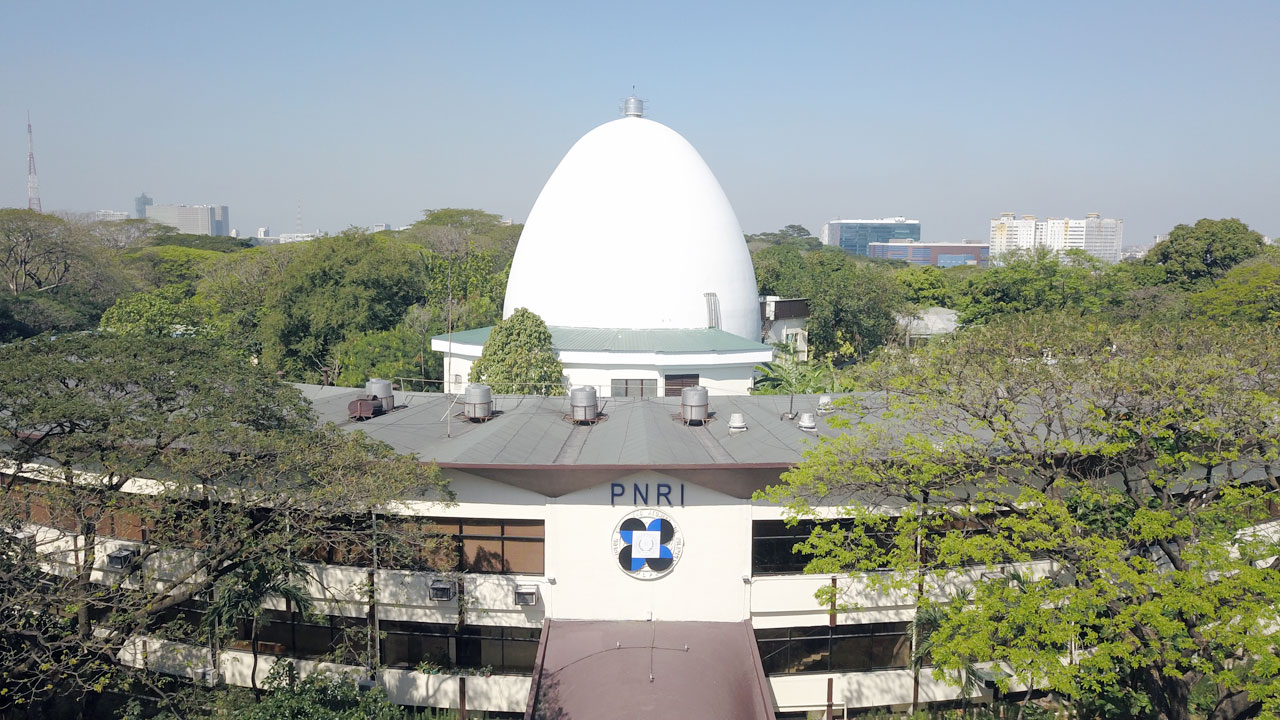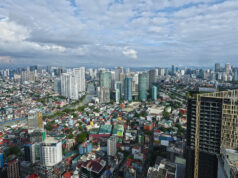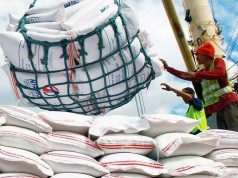
THE Department of Energy (DoE) said it is exploring the possibility of organizing a dedicated auction for nuclear energy in order to accommodate a broad selection of proponents.
“We are studying (for nuclear energy) to have its own auction, but we are reviewing the legal framework,” Energy Utilization Management Bureau Director Patrick T. Aquino said on the sidelines of the Philippine International Nuclear Supply Chain Forum 2025 on Thursday.
The Philippines is on track to deliver its first nuclear-generated kilowatt-hour by 2032.
The DoE sees the integration of nuclear energy into the power generation mix as a strategic decision rooted in the country’s need for energy security.
According to Mr. Aquino, the nuclear energy program is gaining traction with Philippine and foreign investors.
The forum was attended by global nuclear technology leaders, policymakers, regulators, industrial partners, academia and development agencies from the US, South Korea, Canada, United Arab Emirates, and Argentina.
Mr. Aquino said the Nuclear Energy Program Inter-Agency Committee (NEP-IAC), where he leads, is transitioning from preparatory activities to implementation-ready frameworks.
“In order to establish the groundwork for a safe, secure, and sustainable nuclear energy future, 2026 will be crucial in reinforcing institutional readiness, technical credibility, and public trust — laying the foundation for a safe, secure, and sustainable nuclear energy future,” Mr. Aquino said.
He said he expects multilaterals such as the World Bank and the Asian Development Bank (ADB) to play a role in financing the nuclear power push.
“We’re very happy that the current US administration is taking charge of making sure that the World Bank relaxes its policy on green investments to include nuclear,” Mr. Aquino said.
“We’re hopeful that… multilateral agencies like the World Bank and ADB will revisit their investment direction when it comes to nuclear. Because right now, they’re not actively investing in nuclear power projects,” he added.
In June, the World Bank lifted its longstanding ban on funding nuclear power projects in developing countries. It also entered into an agreement with the International Atomic Energy Agency (IAEA) to collaborate and support the safe, secure and responsible use of nuclear energy in developing countries.
Last year, the IAEA conducted a follow-up Integrated Nuclear Infrastructure Review, which generated 14 recommendations, nine of which have now been fully addressed by the Philippines.
Among the milestone realized is the enactment of a comprehensive nuclear law through the passage of the Republic Act (RA) No. 12305, or the Philippine National Nuclear Energy Safety Act.
RA 12305 establishes the Philippine Atomic Energy Regulatory Authority (PhilATOM), which is tasked with overseeing all Philippine nuclear and radiation activities.
Mr. Aquino said the implementing rules and regulations are expected to be released within the year.
“On the part of the Energy department, as a major beneficiary of PhilATOM, when it gets up and running, we’ll make sure that PhilATOM will get the resources and support needed,” he said. — Sheldeen Joy Talavera



